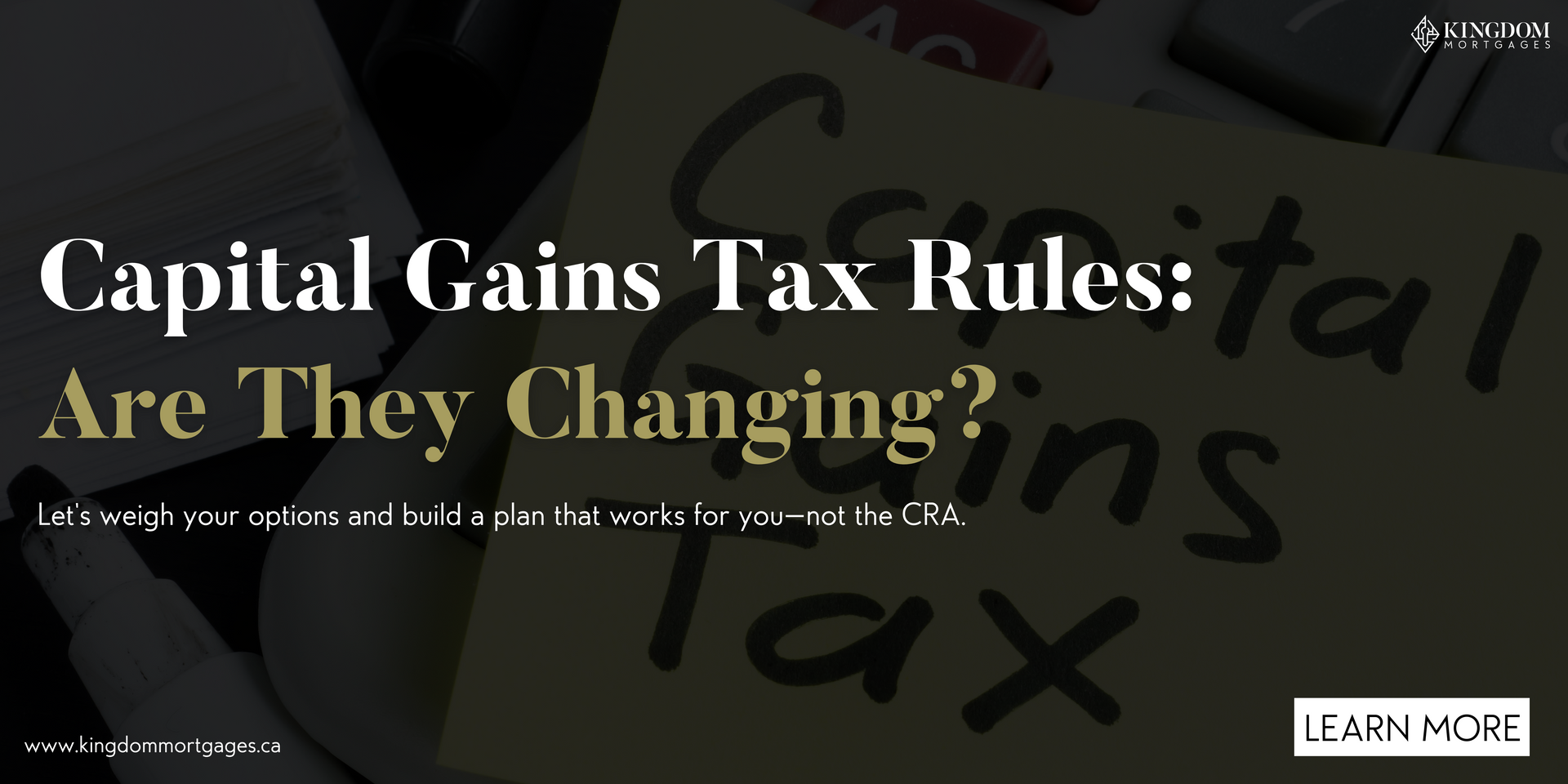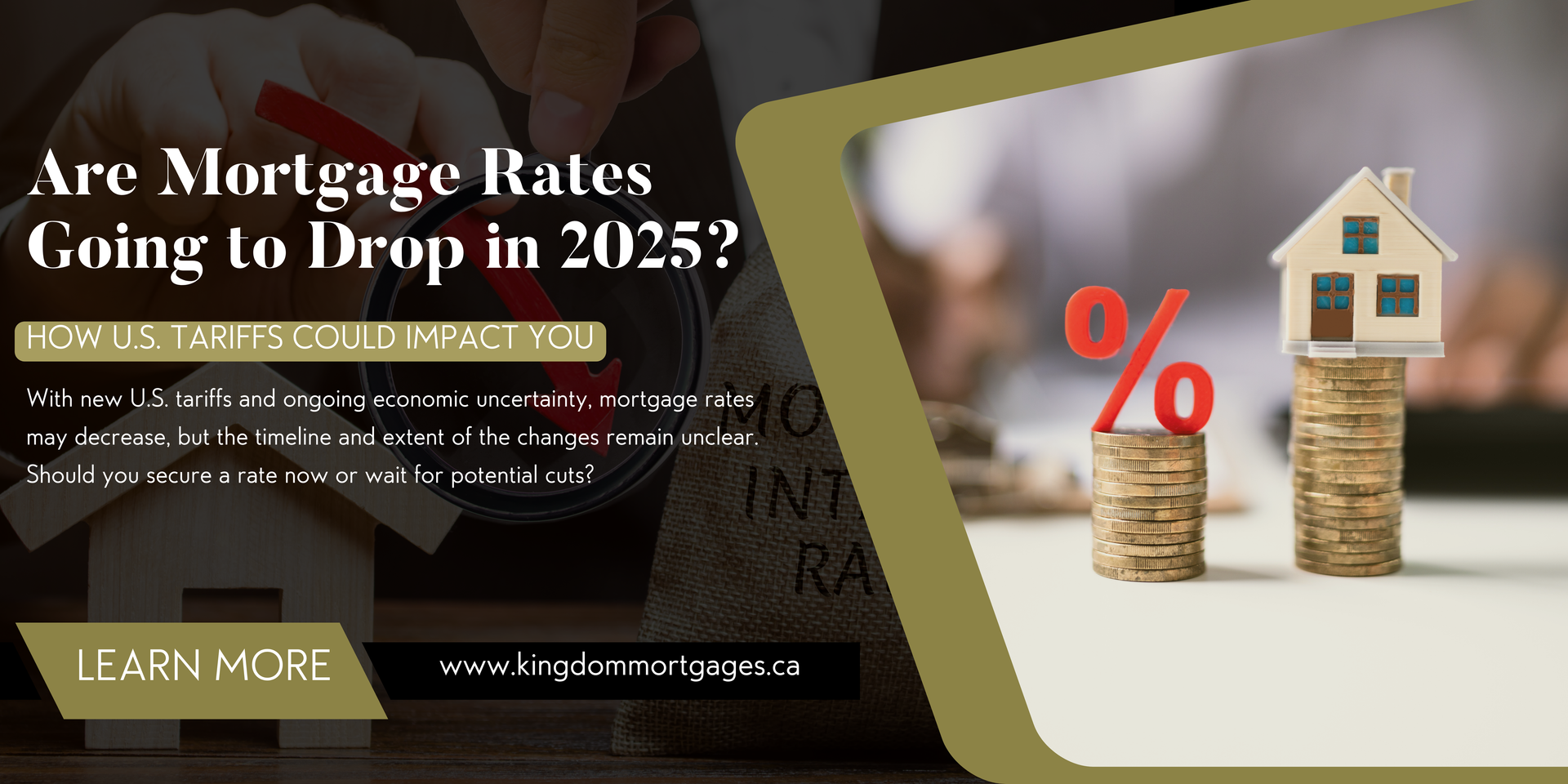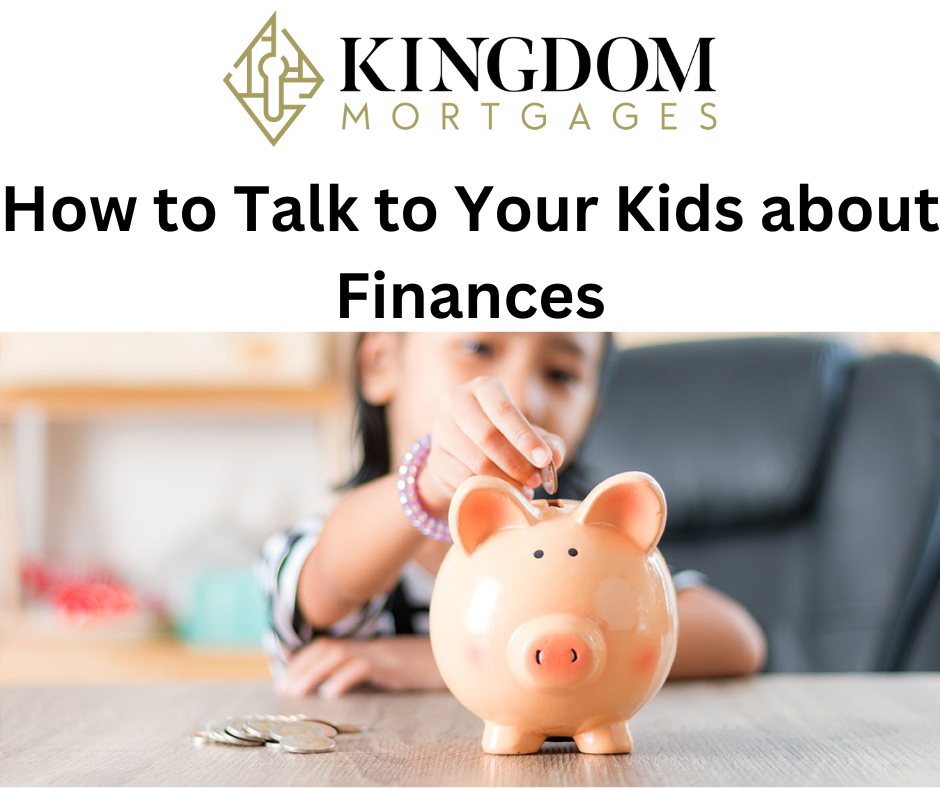Finding Your Perfect Home Type
When it comes to finding your perfect home, there are so many more options for potential homeowners! From a single-family dwelling to a townhouse to a modular home, the choices are seemingly endless. But, before you start widening your search, let’s take a look at what makes these home types different - and which one is perfect for you!

When it comes to finding your perfect home, there are so many more options for potential homeowners! From a single-family dwelling to a townhouse to a modular home, the choices are seemingly endless. But, before you start widening your search, let’s take a look at what makes these home types different - and which one is perfect for you!
- Single-Family Detached: This is a stand-alone house that sits on its own lot and is the most common type of home. As these are detached dwellings, they provide more privacy with less noise from neighbours. They also tend to be larger dwellings (complete with a yard!) which gives you the space and freedom to really make it your own.
- Single-Family, Semi-Detached: These homes are suitable for a single family and are typically attached to another house on one side. Semi-detached homes are often more affordable to both buy and maintain. With this affordability does come somewhat less privacy and protection from noise due to the shared walls on one side.
- Duplex: These structures contain two single-family units on separate levels and are great options for individuals looking to reduce home purchase and carrying costs - live in one unit, rent the second! This type of home also provides unique flexibility for older families, giving you the option to move adult children or aging parents into the second unit as needed. As expected, these units offer less privacy than single-dwelling homes and can sometimes have increased noise through the floor or ceiling.
- Townhouse or Row House: These are a row of single-family homes, which are connected on both sides to the next home (excluding the end unit, which is only connected on one side). Townhouses typically have private yards but, in some cases, it may be freehold or condo-style with shared ownership rights and responsibilities. However, these homes are typically more affordable and easier to maintain, though you may have to consider strata or maintenance fees. Similarly to duplexes, these home types have less privacy and may have noise from shared walls.
- Condominium: These are low- or high-rise buildings containing multiple apartment units. Condos are excellent starter homes for single adults, or couples, as they are affordable and require minimal maintenance. Some buildings even have shared amenities, such as a fitness center or swimming pool or party room. QUICK TIP: Always check for these amenities and if you would be interested in using them. If not, why pay for them? In this case, you might be better off finding a condo with less amenities and lower strata fees.
- Modular or Mobile Home: Growing in popularity are modular homes, which are prefabricated homes delivered to a home-site for installation. These homes are owned by the individual, while the land it sits on could be rented or owned outright. These types of homes are highly affordable and extremely flexible; if you relocate, you can sell the mobile home with the property or keep the home and relocate it! If renting land in a mobile home community, there are also those costs to consider.
Finding the right home to suit your needs means considering your lifestyle and budget now, as well as where you’ll be a few years down the road. Want more information or need help deciding the best option for you? Contact me today to learn more about your options when it comes to buying and owning a home.
Contact me today!
Rodney Schunker | Principal Broker (Lic. M12000165)
Cell: 416-697-6423 | Web: www.kingdommortgages.ca
Email: schunkerr@gmail.com
Kingdom Mortgages Inc Brokerage # 13608
Each office independently owned and operated. Proud member of Mortgage Centre Canada.




Kingdom Mortgages Inc Brokerage #13608. Each office independently owned and operated. Proud member of Mortgage Centre Canada.
USEFUL LINKS
TEAM MEMBERS
Rodney Schunker
John Fernandes
Maria Schunker
Curtis Hinds
David Schunker
Jonathan Schunker
Ukamaka Ezeude (Amaka)
Fareez Khan
Sharifa Cummings
Teja Kasu
CONTACT US
2250 Bovaird Drive E, Suite 304, Brampton L6R 0W3
Our team helps clients secure mortgages in Ontario, Alberta and select states within the US







